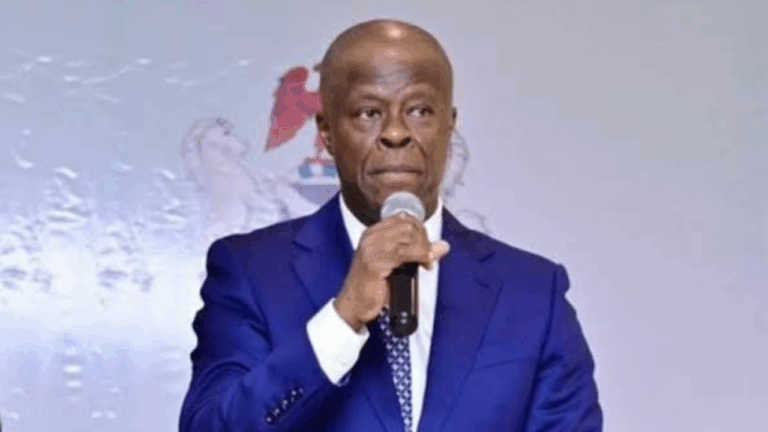Wale Edun, Nigeria’s Minister of Finance and Coordinating Minister of the Economy, has ordered the Nigeria Customs Service (NCS) to halt the enforcement of the recently introduced four percent Free on Board (FOB) charge.
In an official memorandum titled “Suspension of the Implementation of 4% FOB Charge by the Nigeria Customs Service,” the Minister highlighted that the new levy presents considerable obstacles to Nigeria’s customs-collects-161b-despite-bodogwu-glitches/” title=”Despite B'Odogwu Glitches, Apapa … Rakes in ₦161 Billion in Just 3 Weeks!”>trade facilitation efforts, economic stability, and overall business environment.
Dated September 15, 2025, and bearing reference number F6330/T³/12, the circular was signed by R. O. Omachi, Permanent Secretary for Special Duties at the Ministry, and addressed to the Comptroller-General of Customs, Bashir Adewale Adeniyi. The directive emphasizes that pausing the 4% FOB charge will allow for in-depth consultations with stakeholders and a detailed reassessment of the levy’s structure and its wider economic impact.
Edun noted that numerous importers and commercial entities have expressed concerns regarding the additional financial strain imposed by the charge, warning that it could exacerbate inflationary pressures, undermine trade competitiveness, and negatively affect Nigeria’s business climate.
“Under the authority granted to the Honourable Minister of Finance and Coordinating Minister of the Economy by Part III, Section 12 of the Nigeria Customs Service Act, 2023, and in my capacity as Chairman of the Nigeria Customs Service Board, I hereby instruct the immediate suspension of the 4% Free on Board (FOB) levy recently introduced on all imported goods by the Nigeria Customs Service,” the letter stated.
“After thorough discussions with industry leaders, trade specialists, and government representatives, it is evident that the 4% FOB charge presents significant challenges to trade facilitation and economic stability in Nigeria. The concerns raised by importers about the increased cost burden and its potential to fuel inflation and reduce trade competitiveness cannot be overlooked,” the circular continued.
“This suspension period will enable a comprehensive engagement with all relevant stakeholders and facilitate a meticulous review of the levy’s framework and its broader economic consequences. The Ministry of Finance is committed to collaborating closely with the Customs Service and other parties to develop a fairer and more effective revenue model that balances fiscal needs with sustainable economic growth,” the document concluded.
Additionally, the Minister instructed the Customs Comptroller-General to enforce strict adherence to the suspension directive.


















